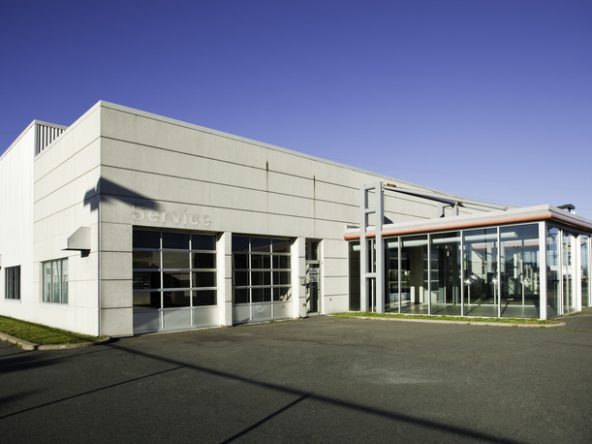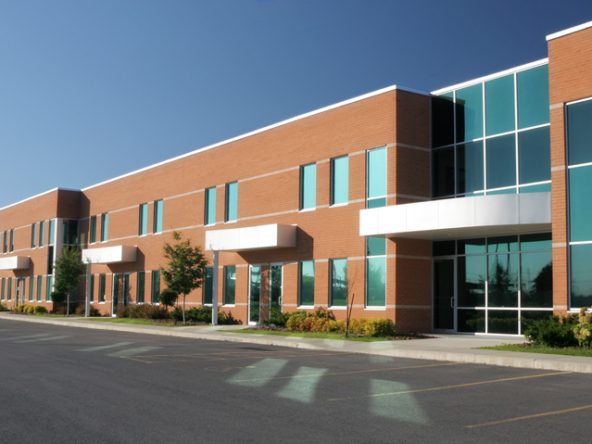Are you a small business owner or commercial tenant looking to secure the perfect space for your next venture? Negotiating a commercial lease can be complex and daunting, often filled with technical terms and intricate clauses. However, you can turn this challenge into a strategic advantage with the right approach and knowledge. In this blog post, we’ll explore five common mistakes tenants make when negotiating a commercial lease and provide actionable insights on how to avoid them.
The Importance of Early Preparation
Why Procrastination Can Cost You
One of the tenants’ biggest pitfalls is waiting until the last minute to review and sign their commercial lease. In high-demand markets, delayed negotiations can result in losing the desired space to another tenant. It’s crucial to start the lease review process at least 12 months before you plan to move into a new facility. This gives you ample time to scrutinize the terms and negotiate more favorable conditions.
Benefits of Planning Ahead
Early preparation secures your desired location and gives you leverage in negotiations. With ample time, you can identify and address potential issues before they become obstacles. This proactive approach allows you to explore multiple options, ensuring you get the best possible deal.
How to Get Started
Begin assembling a dedicated team, including a commercial real estate advisor and legal counsel. Review your business needs and growth plans to ensure the lease aligns with your long-term objectives. By starting early, you set the stage for a successful negotiation.
The Power of Negotiation
Don’t Just Sign—Negotiate
Signing a lease without negotiating is one of the costliest mistakes a tenant can make. A commercial lease should be tailored to fit the specific needs of your business, providing a win-win situation for both tenant and landlord. Skipping the negotiation process can result in unfavorable terms hindering your business operations.
Key Areas to Negotiate
Focus on rent rates, lease duration, renewal options, and tenant improvements (TI). These elements can significantly impact your business’s financial health and operational flexibility. A well-negotiated lease can also include provisions for subleasing, which can be a lifesaver if your business needs to change unexpectedly.
Tips for Effective Negotiation
Be prepared with data and market insights to support your requests. Know your non-negotiables and be willing to compromise on less critical issues. Effective communication and a collaborative approach can help both parties reach a mutually beneficial agreement.
Think Long-Term
Plan for Future Growth
A common mistake tenants make is focusing solely on their current needs without considering future growth. Your business will likely evolve, and your space requirements may change. Including provisions in the lease that allow for expansion or modification as your business grows is essential.
Flexibility is Key
Look for flexible clauses, such as options to expand into adjacent spaces or modify the existing layout. This foresight can save you from the hassle and expense of relocating your business later.
Incorporate Future Trends
For example, if you are running a medical practice, consider future technological advancements and how they might affect your space needs. Discuss potential tenant improvements (TI) with your landlord to ensure the facility can accommodate these changes.
Manage Risks Effectively
Understand Fair Market Value
Real estate is typically a business’s second-most significant expense, after payroll. Therefore, it’s vital to ensure the lease terms are realistic and reflect fair market value. This is particularly important for medical entities that comply with regulations like Stark Law.
Mitigate Financial Risks
Include clauses that protect you from sudden rent increases or other financial uncertainties. These can include caps on annual rent hikes or provisions for rent abatement during unforeseen circumstances like natural disasters.
Legal and Compliance Issues
Ensure that the lease complies with all relevant laws and regulations. This includes zoning laws, safety codes, and industry-specific regulations. Failing to do so can result in costly legal issues later.
The Value of Professional Guidance
Why You Need a Commercial Real Estate Advisor
Navigating the complexities of a commercial lease can be overwhelming without professional assistance. A commercial real estate advisor brings invaluable expertise, helping you avoid common pitfalls and secure favorable lease terms.
Benefits of Professional Representation
An experienced advisor can provide market insights, negotiate on your behalf, and ensure the lease aligns with your business goals. They can also help you understand the fine print and identify hidden costs or unfavorable clauses.
Real-World Examples
The Birmingham Business Journal recently highlighted the post-pandemic state of commercial real estate, emphasizing the need for expert guidance. High vacancy rates and delayed projects have created a challenging environment for tenants and landlords. A commercial advisor can help you navigate these uncertainties and make informed decisions.
Ready to Take the Next Steps?
Negotiating a commercial lease is critical for any business owner or commercial tenant. You can secure a lease that supports your business’s long-term success by avoiding these common mistakes—procrastination, failing to negotiate, ignoring future needs, mismanaging risks, and skipping professional guidance.
Remember, a well-negotiated lease is not just a document; it’s a strategic tool that can enhance your operational efficiency, financial stability, and overall business growth. If you’re ready to take the next step, consider reaching out to a commercial real estate advisor who can guide you through the process and help you achieve your business goals.



